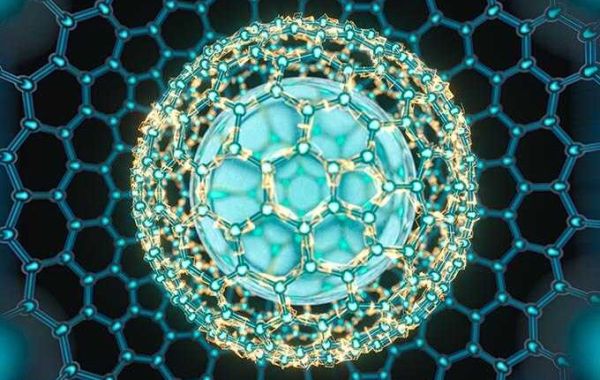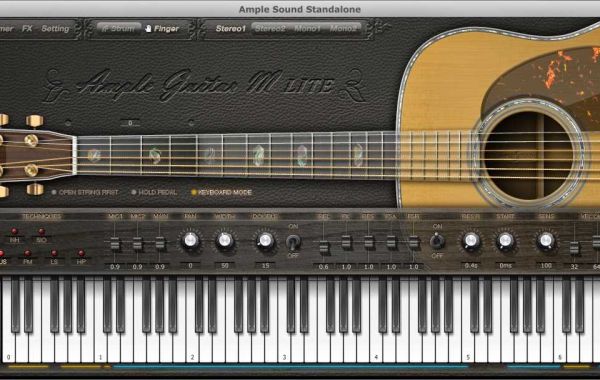CD BioSciences, a US-based biotechnology company focusing on the development of imaging technology, has announced the launch of its innovative line of Chromogenic Substrates for immunohistochemistry (IHC). These cutting-edge substrates offer superior signal sensitivity, long-term storage stability, enhanced safety, and user-friendliness, empowering researchers to unlock deeper insights into protein expression and function within tissues.
Immunohistochemistry is the study of the localization, characterization, and relative quantification of peptides and proteins in tissue cells using the antigen-antibody reaction, in which an antigen specifically binds to an antibody and a chemical reaction results in the visualization of dyes such as fluorescein and other chromogens, as well as enzymes, metal ions and isotopes, and other chemicals that label the antibody.
IHC has a wide range of applications. For instance, it is widely used to diagnose abnormal cells, such as those found in cancerous tumors, by using specific molecular markers to characterize specific cellular events, such as proliferation or cell death (apoptosis). Additionally, IHC is widely used to understand the distribution and localization of biomarkers and differentially expressed proteins in different parts of biological tissues. Recognizing the wide range of applications for IHC, CD BioSciences has developed a variety of chromogenic substrates, each with high signal sensitivity, to provide customers with a research tool that is stable for long-term storage, sensitive, safe and easy to use.
For example, the HRP Blue Plus Substrate-Chromogen Kit (Catalog NO: SCI020108) is designed for use with peroxidase detection systems and allows the detection of cellular antigens or nucleic acids in paraffin-embedded tissues, cryostat sections, cytosmears, and cell preparations. The substrate chromogen is the final step in the detection process, allowing the antibody-antigen complex to be viewed under a light microscope. This occurs because HRP Yellow acts as an electron donor in the presence of the enzyme horseradish peroxidase. HRP Yellow is oxidized and produces a yellow color at the site of the target antigen or nucleic acid. It is particularly useful for dual staining or multiplex IHC or CISH applications.
For HRP Detection Systems, the ready-to-use ALK Blue Substrate-Chromogen (Catalog NO: SCI020201) is suitable for use in immunohistochemical, immunocytochemical, and in situ hybridization procedures utilizing alkaline phosphatase detection systems. It is for in vitro diagnostic use only and is not intended for use in humans or animals.
CD BioSciences is committed to advancing IHC technology and empowering researchers with the tools they need to make breakthrough discoveries. The dedicated team of scientists at CD BioSciences has developed these next-generation substrates to overcome a variety of challenges and provide researchers with a powerful tool for deciphering the complex language of proteins in tissues.
CD BioSciences chromogenic substrates are specifically designed to elevate tissue analysis to new heights. For further information, please visit https://www.bioimagingtech.com/substrate-chromogens-for-immunohistochemistry.html.
About CD BioSciences
CD BioSciences is a biotechnology company committed to the development of imaging technology for many years. Its scientists can utilize high-content imaging, nanoparticle imaging, imaging flow cytometry, time-lapse imaging, and other techniques to image cell structure, cell migration, cell proliferation, pathogen infection mechanisms, and interactions between protein molecules.








